STARS Celebration 2023 Featured Speakers
Caroline Sanchez Crozier, CSC Consulting Group and Latinx DLN
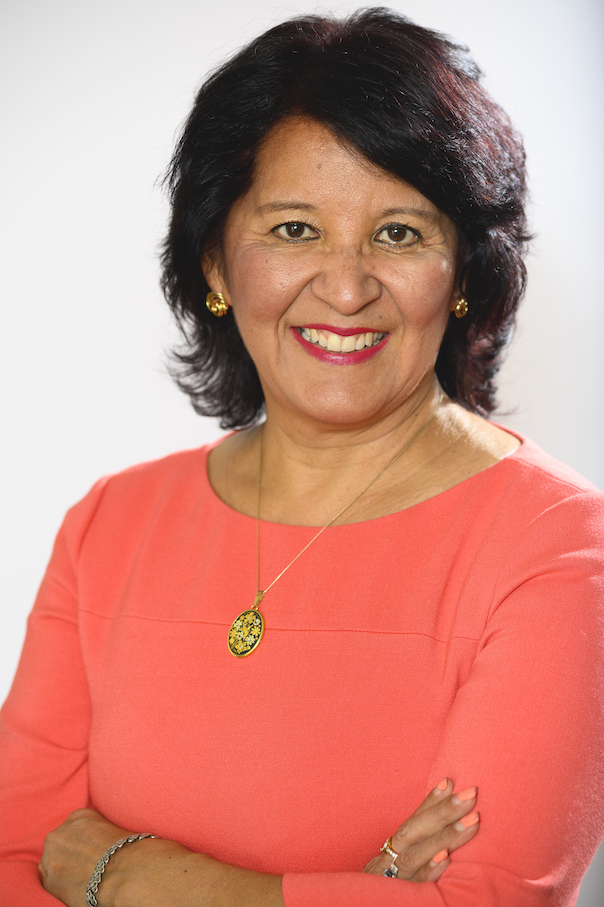
Caroline is the Founder and President of CSC Consulting Group and leads the company in strategic directions and growth, the secret to her and the company’s 33 years of success. She is part of the 1% of women in STEM in the U.S. as a Latina Entrepreneur and is often referred to as a "unicorn" for her out-of-the-box innovative thinking and work style. Caroline's firm, CSC Consulting Group, is an experienced IT Service provider for 30+ years that specializes in working with schools, nonprofits, and small businesses to build and manage their IT environments. Throughout her career as a Latina small business owner, she's been a relentless and passionate advocate for equity in education and technology in order to elevate the lives of Latinx communities. One of her professional highlights is having received the prestigious Small Business Person of the Year Award from the U.S. SBA in the White House (given by President Clinton). For most of her career, she has dedicated significant time as a volunteer board member, on a local and national level, with the League of United Latin American Citizens (LULAC), the oldest and largest civil rights national organization for Latinos, and many others. She currently leads the Illinois State Board of Education Computer Science Standards Strategic Plan, Equity and Advocacy Workgroup. Caroline recently founded Latinx DLN - Digital Latinx Leaders NOW, a nonprofit to increase Latinx equitable representation through policies and innovative initiatives in technology in three sectors: K-12 education, the workforce, and entrepreneurship. Caroline's background is an immigrant from Mexico, a first-generation college graduate, and 8 years in the corporate sector as an auditor and CPA. Caroline is married, has two sons, and one grandson.
Contact info:
m: This email address is being protected from spambots. You need JavaScript enabled to view it.
l: linkedin.com/in/carolinesanchezcrozier
t: @csanchezcrozier / @cscconsultinggp / @lulacil5238 / @latinxdln.org
FB IG: Caroline Sanchez Crozier
Dr. Patricia Ordóñez Franco, University of Maryland
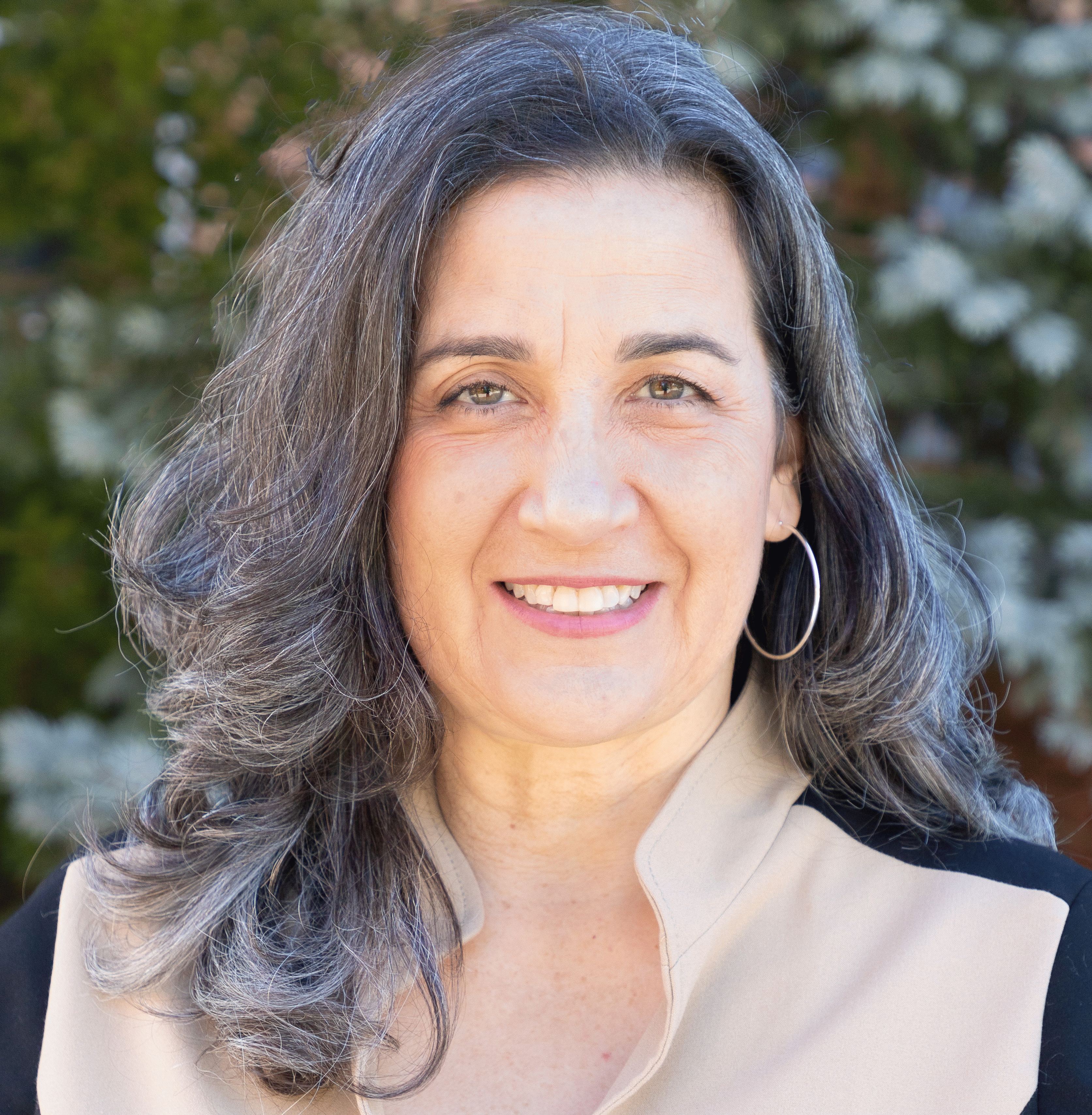
Associate Professor, Department of Information System
University of Maryland, Baltimore County
Email: This email address is being protected from spambots. You need JavaScript enabled to view it.
LinkedIn: https://www.linkedin.com/in/pattiordonezf/
Twitter handle: @patti_ordonez
Dr. Patricia Ordóñez is an Associate Professor in the Department of Information Systems at the University of Maryland, Baltimore County starting in the fall of 2021. For 10 years, she was an Associate Professor in Computer Science Department at the University of Puerto Rico Río Piedras, thereby fulfilling two lifelong an unexpected midlife one – living in a Spanish-speaking country, having the opportunity to make a greater difference in the world, and becoming a professor. Her research interests are in applying learning, data mining, and visualization to multivariate time series analysis, specifically to large repositories of clinical and biological data (Clinical Informatics and Biomedical Data Science), creating a voice programming language (Assistive Technology), and advocating for and working towards high-quality computer and science education for all. She was the first Latina to graduate with a Ph.D. from the College of Engineering and Information Technology at the University of Maryland, Baltimore County and the first female Associate Professor to earn tenure in the Computer Science Department at the University of Puerto Rico Río Piedras (UPRRP). She is a former National Science Foundation Graduate Research Fellow. She served as General Chair of the 2022 Tapia Celebration of Diversity in Computing Conference and Chair of the 2023 AAAI Undergraduate Consortium. She is the recipient of a Great Minds in STEM 2021 HENAAC Award in Education and the 2021 AccessComputing Building Capacity Award. She is passionate about creating a more inclusive culture in computing and about bridging the digital and data divide in healthcare and education to reduce health disparities locally and globally.
Dr. Kinnis Gosha, Morehouse Center for Broadening Participation in Computing
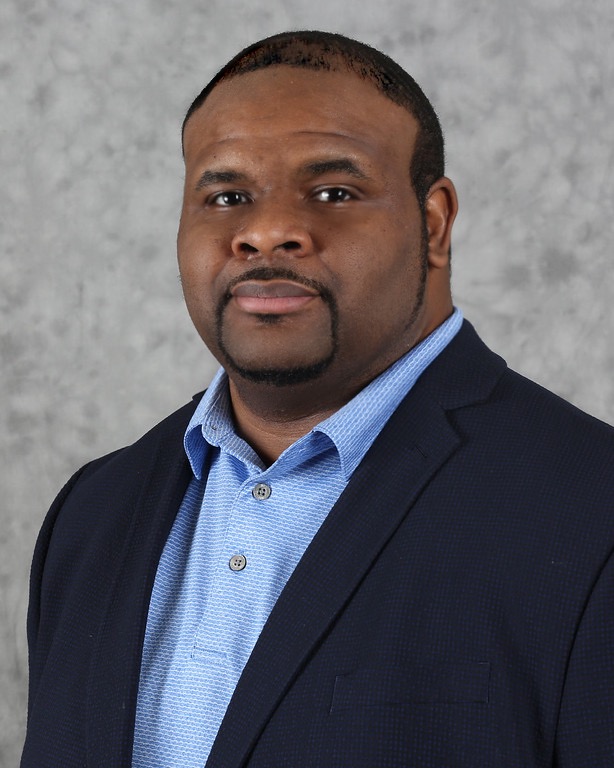
Dr. Kinnis Gosha (pronounced Go-Shay) is the Hortinius I. Chenault Endowed Professor of Computer Science, Academic Program Director for Software Engineering, and Executive Director of the Morehouse Center for Broadening Participation in Computing. Dr. Gosha’s research interests include conversational AI, social media data analytics, computer science education, broadening participation in computing, and culturally relevant computing. Gosha also leads Morehouse’s Software Engineering degree program, where he builds collaborations with industry partners to provide his students with a variety of experiential learning experiences. In October of 2022, Gosha took over as the Principal Investigator of the Institute for African-American Mentoring in Computing Sciences (IAAMCS), a Broadening Participation in Computing Alliance, funded by the National Science Foundation.
To date, 21 undergraduate researchers in his lab have gone on to pursue a doctoral degree in computing. PI Gosha currently has over 60 peer-reviewed publications in the area of Broadening Participation in Computing (BPC). Since arriving at Morehouse (2011), he has included undergraduate student researchers as co-authors in 26 peer-reviewed manuscripts. Gosha is very active in the BPC community serving as a regular paper and poster reviewer for the Tapia, SIGCSE, and RESPECT conferences. Currently, Gosha is the Co-Chair of the IEEE Special Technical Community for Broadening Participation and a newly elected board member of the Computing Research Association.
Dr. Faye R. Jones, Florida State University
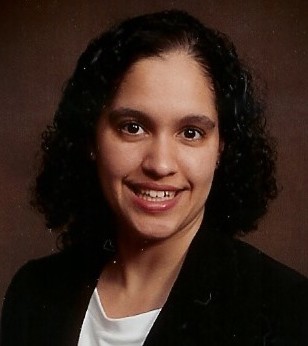
Faye R. Jones is a Faculty Researcher II at the College of Communication & Information at Florida State University. Her research interests include STEM student outcomes and the exploration of student pathways (e.g., recruitment, retention, graduation, and employment) through institutional research and data analytics. Dr. Jones is Associate Director for the Information Use and Policy Institute where she serves as co-investigator on several NSF and IMLS projects to include the NSF project entitled, Backtracking CTE Pathways: Deconstructing critical junctures in 2-year IT programs. Dr. Jones’ research interests also include exploration of college-to-career success of underserved populations in STEM fields. She is passionate about engaging youth in STEM and is director of Black Men in Tech and co-director of FSU iCamp, programs funded by the Army Educational Outreach Program to increase the engagement of rising 9th through 12 grade students in IT.
Ebe Randeree, Florida State University
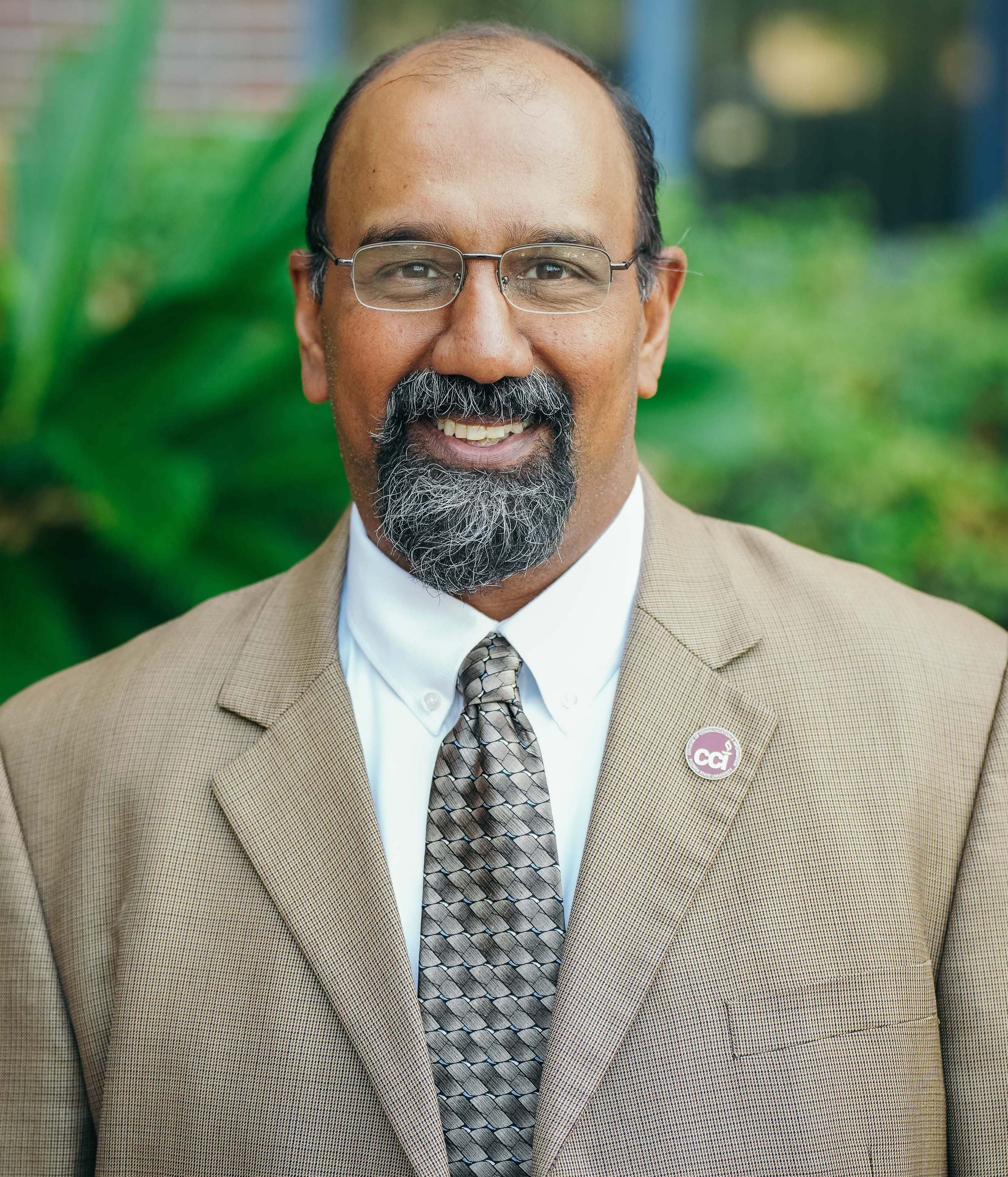
Ebe Randeree’s background spans the fields of technology, healthcare, leadership and higher education. His specific interests are in sustainable outreach and building ecosystems to support pipelines from K-12 to higher education to industry. He is the Associate Dean of Finance & Administration at the College of Communication & Information at Florida State University where he teaches courses in leadership, career prep, health informatics, and technology. He focuses his efforts on community outreach, employer partnerships, and supporting K-12 programs. Ebe has a master’s degree in computer science from Rochester Institute of Technology and an MBA from the University of Buffalo. He started at Florida State University in 2006.
Dr. Wanda Eugene, DEEP Designs LLC
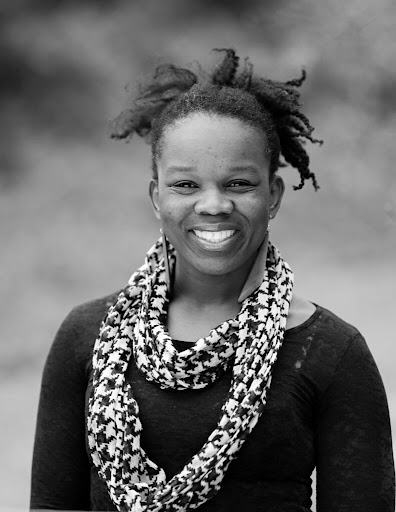
Wanda Eugene, Ph.D. is constantly seeking out new ways to leverage technology to engage marginalized communities. As a principal at DEEP Designs LLC, she specializes in cultivating technology with vulnerable populations and integrates the strategic direction of the organization.
Previously, Wanda served as Director of the Collaboratory for Inclusive Entrepreneurship at the University of Florida, where she obtained over $4.5 million in grant funding, to build ecosystems for local entrepreneurs, and create curriculum and mentorship programs.
Dr. Eugene holds a Ph.D. in Computer Science, a Master’s in Industrial Engineering and a Master’s in Interdisciplinary Studies specializing in Instructional Technology and African American Studies and a Bachelor’s in Electrical Engineering.
Dr. Jason T. Black, Florida A&M University
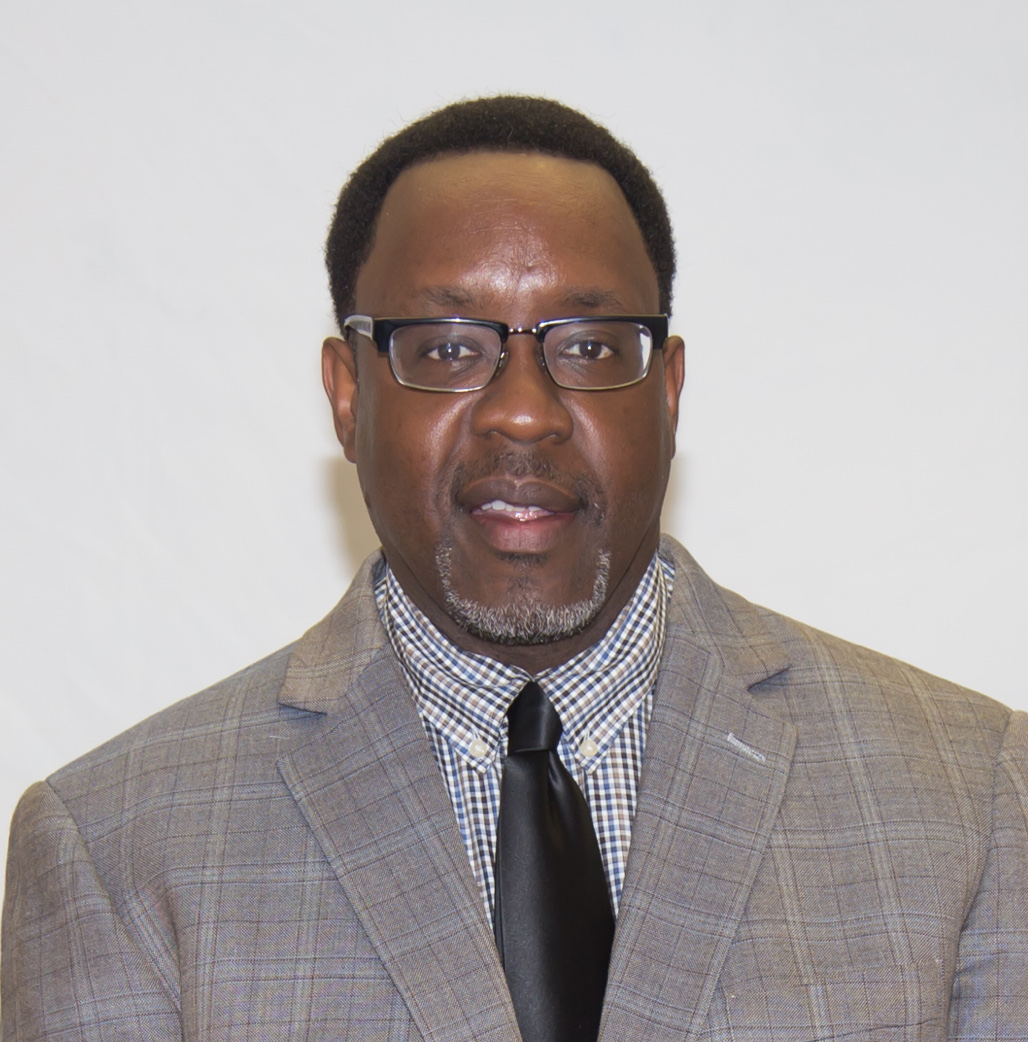
Dr. Jason T. Black, Associate Professor in Business Information Systems, holds a BS degree in Computer Information Systems from Florida A&M University, an MS degree in Computer Science from Georgia Tech, and a PhD in Computer Science from Florida State University. He currently is the Campus Director of the Blackstone LaunchPad @ FAMU, an Entrepreneurship Network sponsored by the Blackstone Charitable Foundation designed to foster and support entrepreneurship efforts at FAMU and in the community at-large. He is also the Co-Director of the Program of Excellence in STEM (PE-STEM) a multi-million dollar funded academic and research-centered grant focusing on increasing participation and advancement of underrepresented students in STEM areas. Jason also is Executive Director of the HBCU Data Science Consortium, as well as the Director of the Interdisciplinary Center for Creativity and Innovation, FAMU's entrepreneurship hub.
Dr. John Porter III, Morehouse College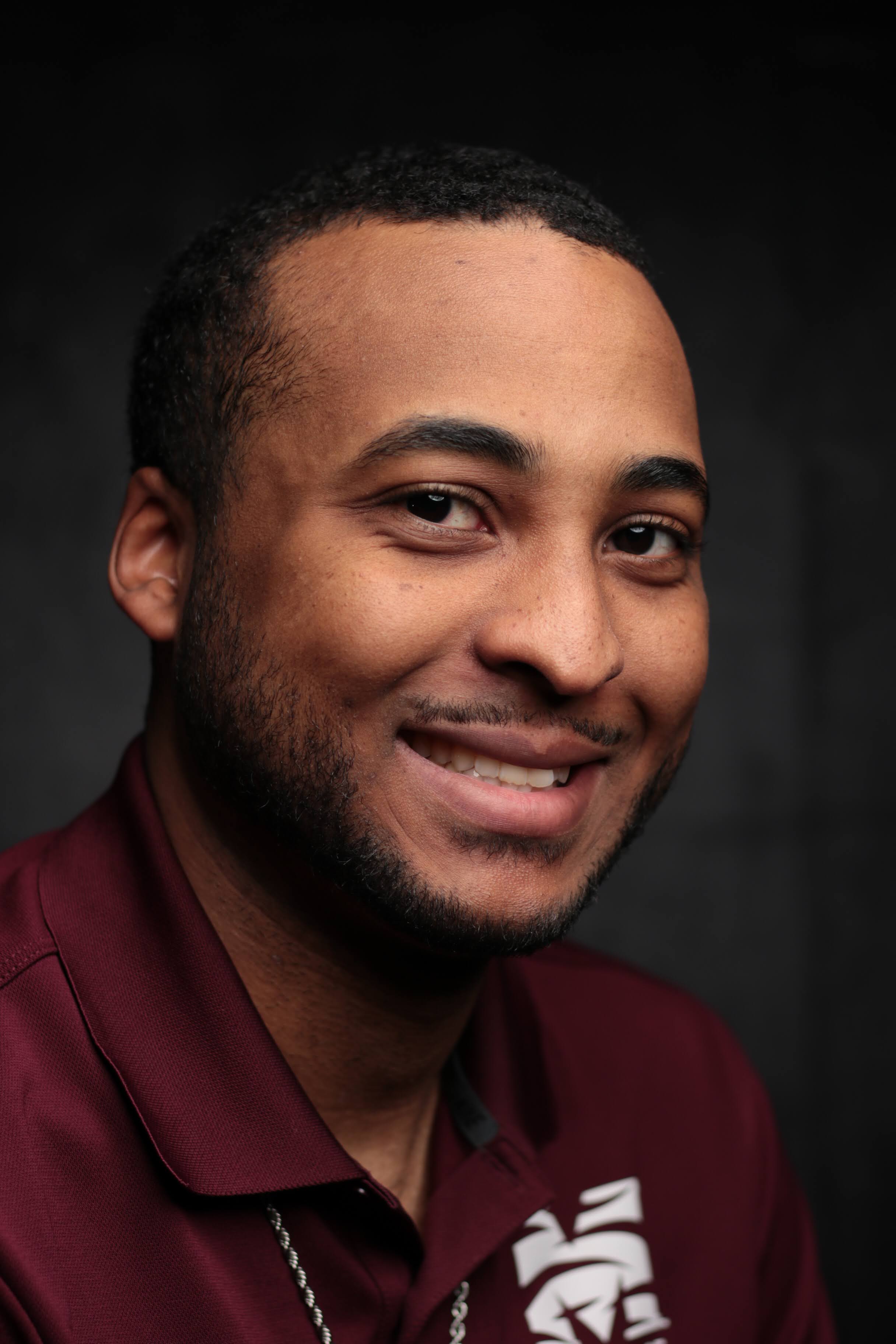 Dr. John Porter III currently serves as a postdoctoral researcher at Morehouse College. Dr. Porter received his Masters and Ph.D in Human-Centered Computing from Clemson University in 2018 and 2021, respectfully. Prior to this, he received his B.S. in Computer Science from Morehouse College in 2010. His research interests include UX Research, Broadening Participation in Computing, and computer science education.
Dr. John Porter III currently serves as a postdoctoral researcher at Morehouse College. Dr. Porter received his Masters and Ph.D in Human-Centered Computing from Clemson University in 2018 and 2021, respectfully. Prior to this, he received his B.S. in Computer Science from Morehouse College in 2010. His research interests include UX Research, Broadening Participation in Computing, and computer science education.
Dr. Christina Gardner-McCune, University of Florida
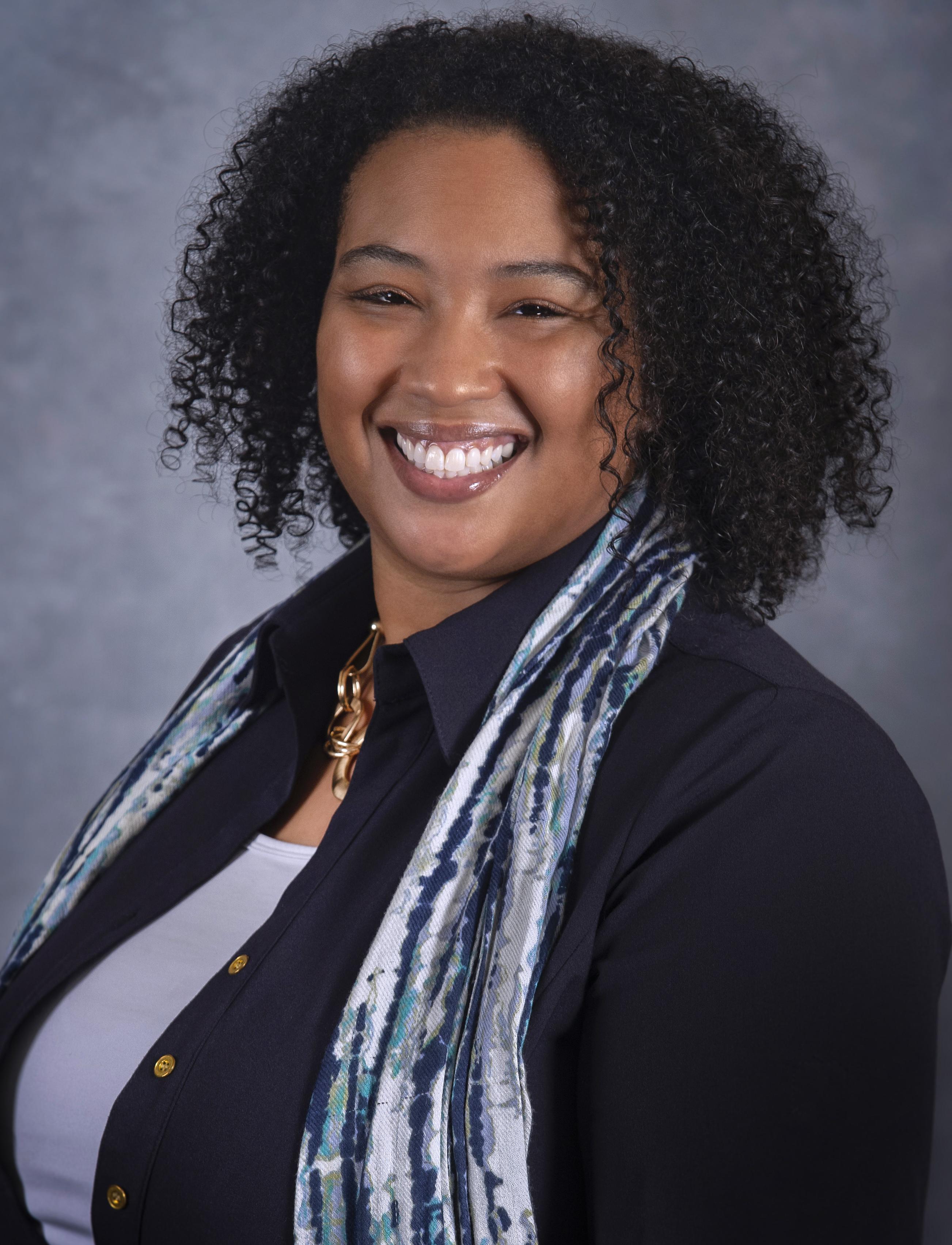
Dr. Christina Gardner-McCune is an Associate Professor in the Computer & Information Science & Engineering Department at the University of Florida’s Herbert Wertheim College of Engineering. She is the co-chair of the AI for K-12 Initiative (AI4K12.org) and Director of the Engaging Learning Lab at the University of Florida. As co-chair of the AI for K-12 Initiative, Gardner-McCune is leading the development of national guidelines that articulate what students should know and be able to do with AI, curating an AI resource directory, cultivating a K-12 AI Education Community, and helping states develop K-12 AI Education Implementations plans. Gardner-McCune and the AI4K12 Steering Committee are the recipients of the 2022 AAAI/EAAI Outstanding Educator Award for their work advancing K-12 AI Education.
As Director of the Engaging Learning Lab research group @ UF, Gardner-McCune and her students research and develop engaging hands-on learning experiences for K-12 students and teachers in the areas of artificial intelligence, cybersecurity, robotics, mobile app development, game design, and Introductory programming. Through these learning environments, Gardner-McCune aims to spark young people’s interest in computing, equip them with skills to develop technologies, and inspire them to envision their future as computational thinkers and computing professionals.
Dr. Veronica Cateté, North Carolina State University 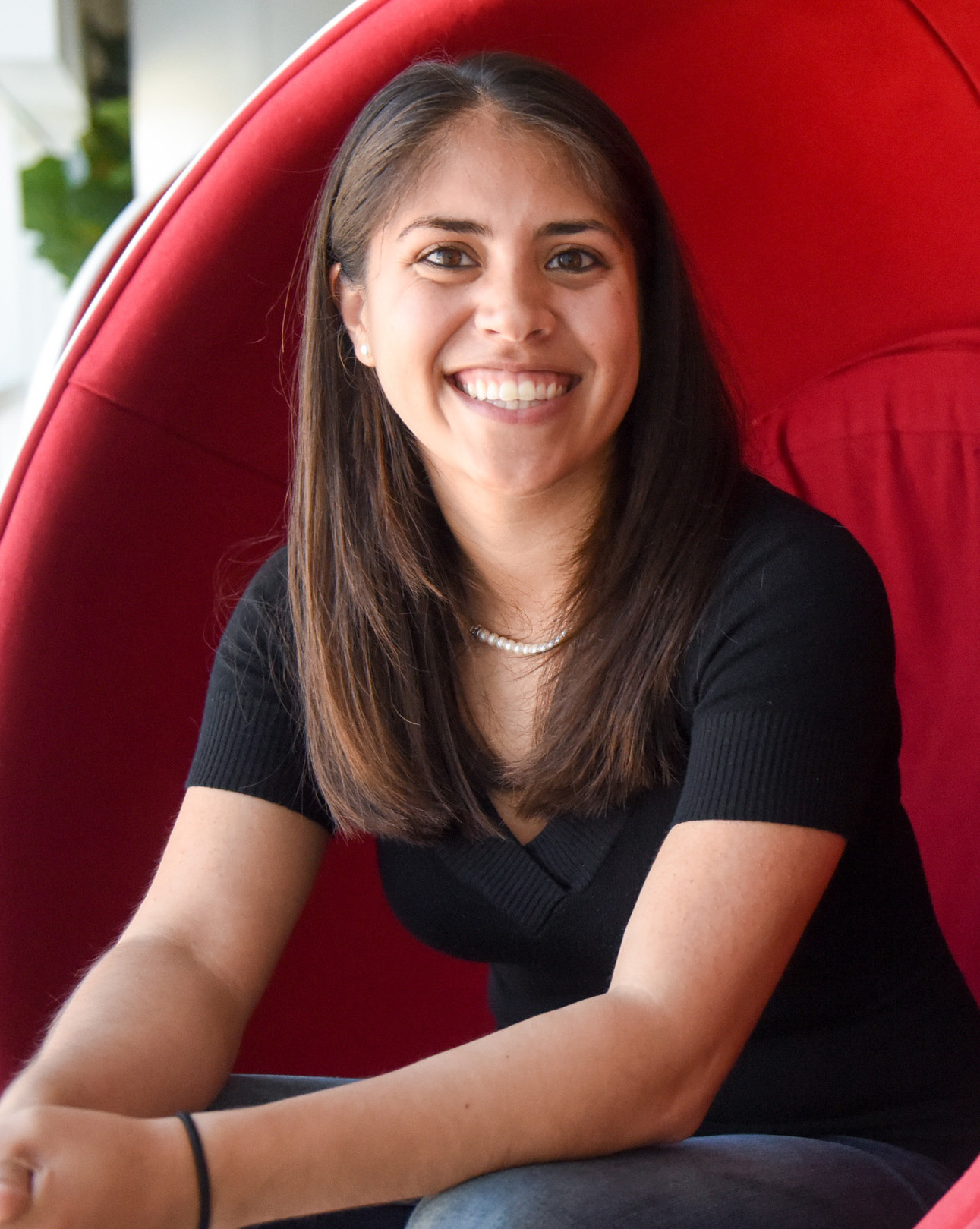
Dr. Veronica Cateté studies K-12 Computer Science Education in middle grades and high school contexts. Specifically, she examines how to broaden participation in computing by adapting concepts from the frontiers of computer science (AI, Cybersecurity, Distributed Computing etc.) to be accessible and engaging for young women and students of color in rural areas. To help support this effort, Cateté also studies teacher professional development and researches ways to aid teachers in leading computing activities including providing data-driven insights, differentiated curriculum, and other assistive tools. Cateté's global endeavors include leading field experiences for university students in engineering and computer science education in Rwanda. Together, Cateté and her students lead professional development and hands-on engineering activities for secondary classrooms. All of these research activities are investigated using both theoretical foundations and mixed-methods field techniques.
Cateté received her B.S. in computer science from North Carolina State University. She received her M.S. in computer science from the University of North Carolina at Charlotte and a Ph.D. in computer science from North Carolina State University. She was awarded both a National Science Foundation Graduate Research Fellowship and a Microsoft Research Graduate Women in Computing Scholarship. Prior to joining the NC State faculty, she was a research scientist in NC State's Game2Learn Lab where she earned the prestigious Erskine B. Bowles Award as well as several other Awards for Excellence.
April Curley, Last Mile Education Fund 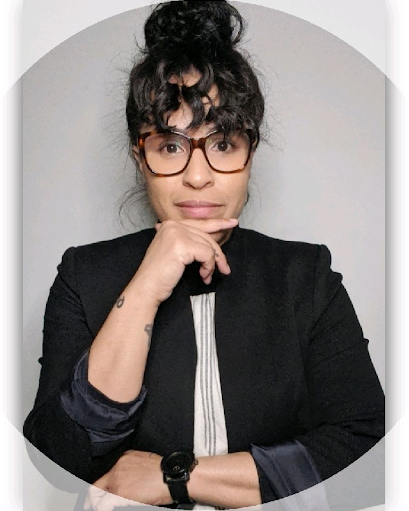 For more than a decade, April Christina Curley (she/her/hers) has built her career centering poor, Black and Brown people, striving to make an impact on the very communities that she, herself, comes from. Most recently, she spent 6 years as a Diversity Program Manager at Google working to expand access to opportunities in tech for undergraduate Black and brown students, including those who identify as coming from low-income communities, students with disabilities, and students who exist along the queer spectrum. She helped create and grow a program called Google in Residence, designed to improve tech-sector diversity by placing engineers at Historically Black Colleges and Universities to teach and mentor students. Highlights of April’s tenure at Google include single-handedly increasing Google’s Black technical hiring from 0 hires in 2014 to 500+ through her program Google In Residence, managing Google’s second ever Queer Tech Voices Conference featuring high-profile speakers and artists, and spearheading the Google Student Newsletter as editor-in-chief engaging over 3,500 undergraduate students and faculty.
For more than a decade, April Christina Curley (she/her/hers) has built her career centering poor, Black and Brown people, striving to make an impact on the very communities that she, herself, comes from. Most recently, she spent 6 years as a Diversity Program Manager at Google working to expand access to opportunities in tech for undergraduate Black and brown students, including those who identify as coming from low-income communities, students with disabilities, and students who exist along the queer spectrum. She helped create and grow a program called Google in Residence, designed to improve tech-sector diversity by placing engineers at Historically Black Colleges and Universities to teach and mentor students. Highlights of April’s tenure at Google include single-handedly increasing Google’s Black technical hiring from 0 hires in 2014 to 500+ through her program Google In Residence, managing Google’s second ever Queer Tech Voices Conference featuring high-profile speakers and artists, and spearheading the Google Student Newsletter as editor-in-chief engaging over 3,500 undergraduate students and faculty.
Formerly, she was a diversity recruiter for Teach for America after serving for two years with the organization as a high school social studies teacher in Baltimore City Public Schools. She earned an M.A. in secondary education and teaching from Johns Hopkins University and is a member of Leadership for Educational Equity, a nonpartisan nonprofit that develops Teach for America alumni to become leaders in their communities.
Dr. Edward Dillon, Morgan State University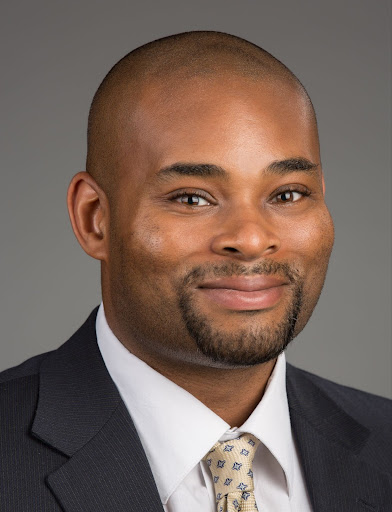 Dillon received a B.A. in Computer and Informational Science from the University of Mississippi in 2007. He would go on to obtain his Masters and Ph.D. in Computer Science from the University of Alabama in 2009 and 2012, respectively. Dr. Dillon is an Associate Professor in the Department of Computer Science at Morgan State University. Prior to his arrival to Morgan State in January 2017, Dr. Dillon served as a Computer Science Instructor at Jackson State University (2012-2013), and a Postdoctoral Researcher at Clemson University (2013-2014) and the University of Florida (2014-2016). His research focuses on human-centered computing, computer science education, social computing, and broadening participation in computing. Dr. Dillon has received >$750k in research funding and awards from external agencies and non-profit organizations, including the National Science Foundation (NSF), the Maryland Pre-Service Computer Science Teacher Education Program (MCCE), and the Collaborative Research Experience for Undergraduates (CREU - CRA-WP). Dr. Dillon currently serves as a Co-PI for the STARS Computing Corps. He has also conducted a Faculty in Residency at Google during the summer of 2018 to learn more about this company’s culture, practices, and to understand the expectations for candidates (e.g. aspiring CS majors) who pursue career opportunities at this company and related prominent companies in tech.
Dillon received a B.A. in Computer and Informational Science from the University of Mississippi in 2007. He would go on to obtain his Masters and Ph.D. in Computer Science from the University of Alabama in 2009 and 2012, respectively. Dr. Dillon is an Associate Professor in the Department of Computer Science at Morgan State University. Prior to his arrival to Morgan State in January 2017, Dr. Dillon served as a Computer Science Instructor at Jackson State University (2012-2013), and a Postdoctoral Researcher at Clemson University (2013-2014) and the University of Florida (2014-2016). His research focuses on human-centered computing, computer science education, social computing, and broadening participation in computing. Dr. Dillon has received >$750k in research funding and awards from external agencies and non-profit organizations, including the National Science Foundation (NSF), the Maryland Pre-Service Computer Science Teacher Education Program (MCCE), and the Collaborative Research Experience for Undergraduates (CREU - CRA-WP). Dr. Dillon currently serves as a Co-PI for the STARS Computing Corps. He has also conducted a Faculty in Residency at Google during the summer of 2018 to learn more about this company’s culture, practices, and to understand the expectations for candidates (e.g. aspiring CS majors) who pursue career opportunities at this company and related prominent companies in tech.
Madison Melton, University of North Carolina
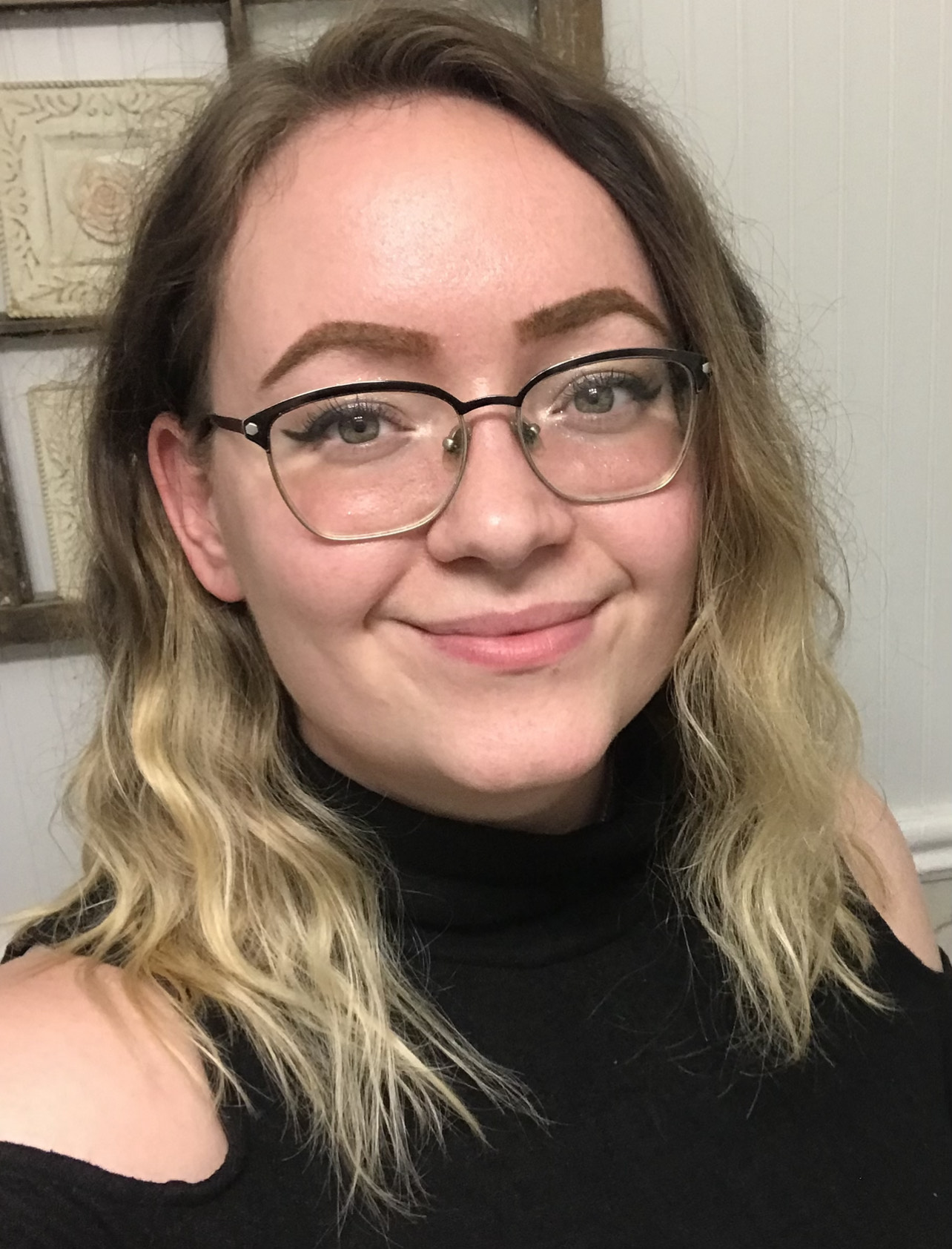 Madison Melton is currently enrolled in the Ph.D. Program in Computing and Information Systems (Computer Science Track) at the University of North Carolina at Charlotte (UNC Charlotte). Her research focuses on Broadening Participation in Computing (BPC) and improving strategies in CS Education for the postsecondary classroom through applied Machine Learning. She has worked as a Graduate Research Assistant (GA) under Dr. Audrey Rorrer (UNC Charlotte, Research Associate Professor - Computer Science Department) since the Fall of 2021. Much of the work she does as a GA has been for the STARS Computing Corps. This includes forming content for the upcoming BPC Scholars program, creating visualizations from or thematic analysis of data collected through STARS, as well as staying up to date on relevant research in the fields of CS Education and BPC.
Madison Melton is currently enrolled in the Ph.D. Program in Computing and Information Systems (Computer Science Track) at the University of North Carolina at Charlotte (UNC Charlotte). Her research focuses on Broadening Participation in Computing (BPC) and improving strategies in CS Education for the postsecondary classroom through applied Machine Learning. She has worked as a Graduate Research Assistant (GA) under Dr. Audrey Rorrer (UNC Charlotte, Research Associate Professor - Computer Science Department) since the Fall of 2021. Much of the work she does as a GA has been for the STARS Computing Corps. This includes forming content for the upcoming BPC Scholars program, creating visualizations from or thematic analysis of data collected through STARS, as well as staying up to date on relevant research in the fields of CS Education and BPC.
Dr. Tiffany Barnes, North Carolina State University
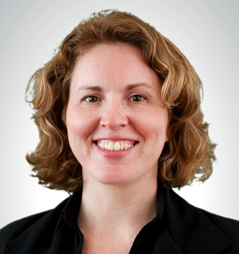
Tiffany Barnes is Professor of Computer Science at NC State University. She received the B.S. and M.S. degrees in Computer Science and Mathematics, and the Ph.D. degree in Computer Science from N.C. State. A member of Phi Beta Kappa and the NC State Golden Chain Society, she has served ACM SIGCSE (Symposium Chair 2018, Program Chair 2017, Board 2011-2016), IEEE Special Technical Community on Broadening Participation (Chair, and founder of the RESPECT conference (2015-present)), the International Educational Data Mining Society (EDM chair 2016, board 2011-present), STARS Computing Corps (Co-Director 2006-present, Celebration Chair 2011, 2015), Foundations of Digital Games (Program Chair 2014), the International Society for AI in Education (Board 2016-Present), and IEEE Transactions on Learning Technologies (Assoc. Editor 2016-Present). Dr. Barnes received an NSF CAREER Award for her novel work in using data and educational data mining to add intelligence to STEM learning environments. Dr. Barnes is the co-founder and co-Director for the STARS Computing Corps, a consortium of universities that engage college students in outreach, research, and service to broaden participation in computing. Her research focuses on AI for education, educational data mining, serious games for education, health, and energy, computer science education, and broadening participation in computing education and research.
Dr. Clarissa Thompson, Kent State University
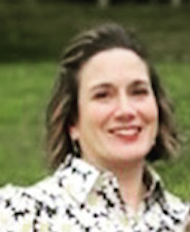
Dr. Clarissa Thompson is a Professor in the Department of Psychological Sciences at Kent State University (KSU) in Kent, OH, USA. She completed her Ph.D. in Cognitive and Developmental Psychology at The Ohio State University. Then, she was a postdoctoral research associate at Carnegie Mellon University, and an Assistant Professor of Psychology at the University of Oklahoma before joining the KSU faculty in 2014. Dr. Thompson’s area of research expertise focuses on how children and adults learn and remember, with much of her recent work centering on how people (mis)understand and are anxious about math. Her work has real-world implications for improving math education and health decision making. Thompson and her collaborators have secured external funding from the U.S. Department of Education and the National Science Foundation. The goals of this funded research include: improving children’s and adults’ understanding of fractions, teaching adults how to mathematically compare real-world COVID-19 health risks, and broadening participation for groups typically underrepresented in STEM fields. Thompson currently serves as Chair of the KSU Institutional Review Board and is an Associate Editor at the Journal of Experimental Child Psychology.
Clarissa A. Thompson, Ph.D.
(she/her/hers)
Professor
Chair, Institutional Review Board
Department of Psychological Sciences
Kent State University
330-672-3948
This email address is being protected from spambots. You need JavaScript enabled to view it.
Angail Wiley, Unchained Inc
Angail Wiley was born and raised in Greensboro, North Carolina. Although a person of many talents, she currently strives to help early talent with career development as well as secure job opportunities through Unchained Inc. as the Director of Operations. As the Director, she is responsible for enhancing the company’s brand through optimizing and synthesizing processes for different parts of the company, which all contribute to its overall success.
The ambitious attitude Angail was born with was nurtured during her 10th grade year of high school year after she took up the hobby of hairstyling and quickly became known for braiding hair. After receiving her Bachelor’s of Science in Journalism and Mass Communication from North Carolina Agricultural and Technical State University in May 2020, she continued her professional career in Raleigh, North Carolina for over three years. Angail grew her love for people and technology after holding a role at a community college as a Career Coach and later as an Account Manager at a HR Tech startup company.
Amber Jones
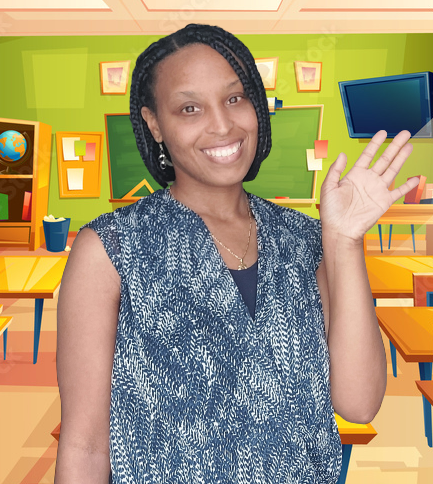 Amber Jones is a certified P-12 Computer Science Instructor. She received her B.S. in Psychology from Georgia Institute of Technology, and a M.Ed. in Secondary Education with a focus in STEM from Grand Canyon University. She has taught computer science in Georgia to middle school students for 4 years, and taught artificial intelligence for 2 of those years. Amber worked on the AI4GA co-design team to create and revise curriculum for an artificial intelligence course for middle school students. Through her position in the classroom, Amber has been able to introduce Title 1 middle schoolers to computer science concepts, including the 5 Big Ideas of AI, a framework developed for AI instruction by AI4K12. Amber’s experience in curating computer science and artificial intelligence content into lessons and hands-on activities allows her to meet the needs of each diverse body of students that enter her classroom. This broadening of student horizons is furthered by leading professional developments in which she has shared her knowledge and experience with other prospective teachers of artificial intelligence.
Amber Jones is a certified P-12 Computer Science Instructor. She received her B.S. in Psychology from Georgia Institute of Technology, and a M.Ed. in Secondary Education with a focus in STEM from Grand Canyon University. She has taught computer science in Georgia to middle school students for 4 years, and taught artificial intelligence for 2 of those years. Amber worked on the AI4GA co-design team to create and revise curriculum for an artificial intelligence course for middle school students. Through her position in the classroom, Amber has been able to introduce Title 1 middle schoolers to computer science concepts, including the 5 Big Ideas of AI, a framework developed for AI instruction by AI4K12. Amber’s experience in curating computer science and artificial intelligence content into lessons and hands-on activities allows her to meet the needs of each diverse body of students that enter her classroom. This broadening of student horizons is furthered by leading professional developments in which she has shared her knowledge and experience with other prospective teachers of artificial intelligence.
Dr. Brianna B. Posadas, Virgina Tech
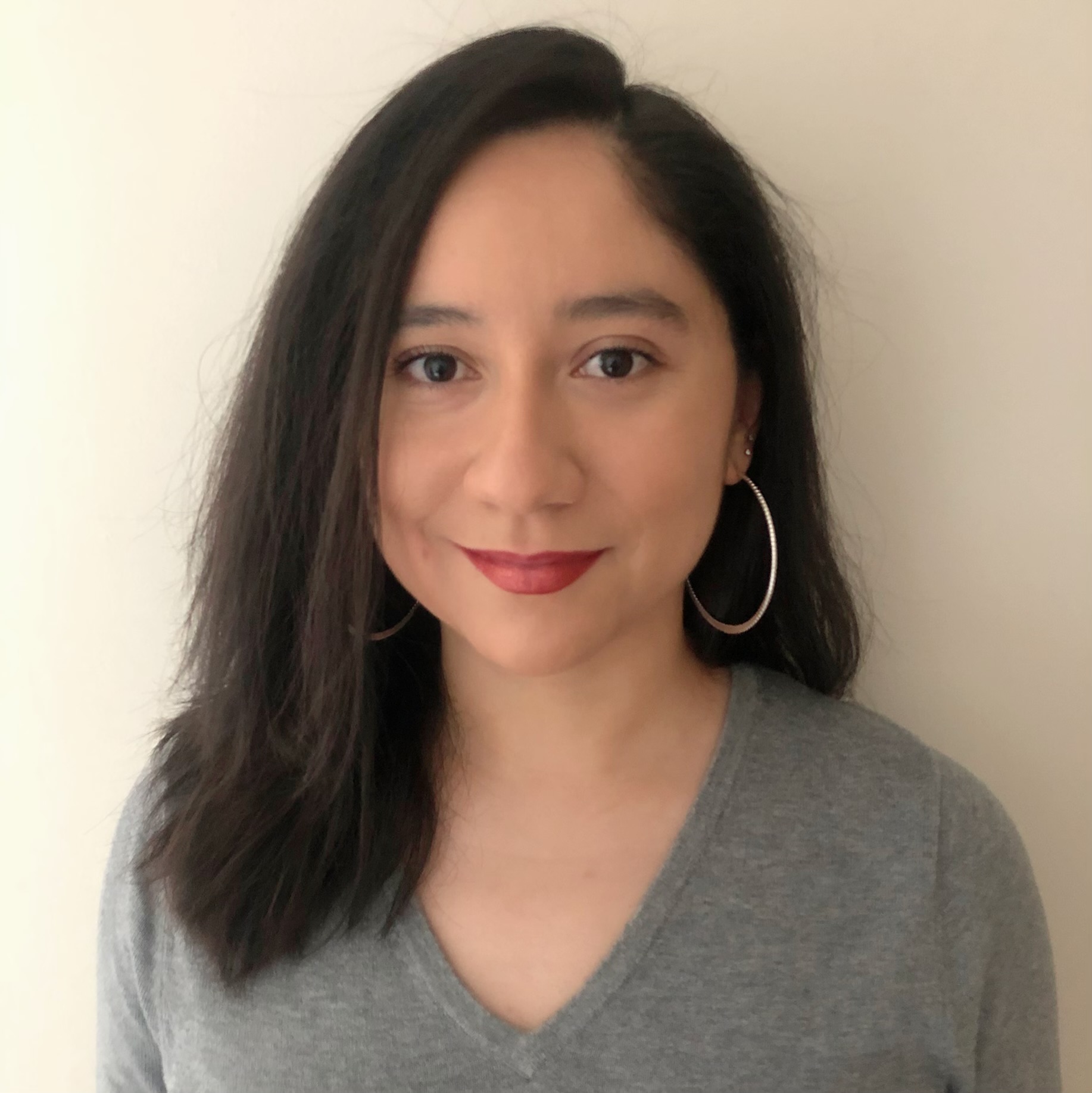
Dr. Brianna B. Posadas is an Assistant Professor at Virginia Tech's School of Plant and Environmental Sciences, specializing in the intersection of agriculture, technology, and user-centered design. She collaborates on projects such as aiding disabled growers through AgrAbility Virginia and researching precision agricultural technology adoption with the Department of Sociology in an NSF Future of Work project. Prior to her current role, she was a Computing Research Association (CRA) Computing Innovation Fellow in the Department of Agricultural, Leadership, and Community Education at VT. She earned her PhD from the University of Florida, becoming the first Latina to do so in the Department of Computer and Information Science and Engineering. Dr. Posadas is also a leader in the Hispanics in Computing group and has advised undergraduates in the Data Science for Public Good summer research program at Virginia Tech. Dr. Posadas is originally from Murrieta, California and holds a Master of Science in Agricultural and Biological Engineering from UF and a Bachelor of Science in Engineering from Harvey Mudd College.

